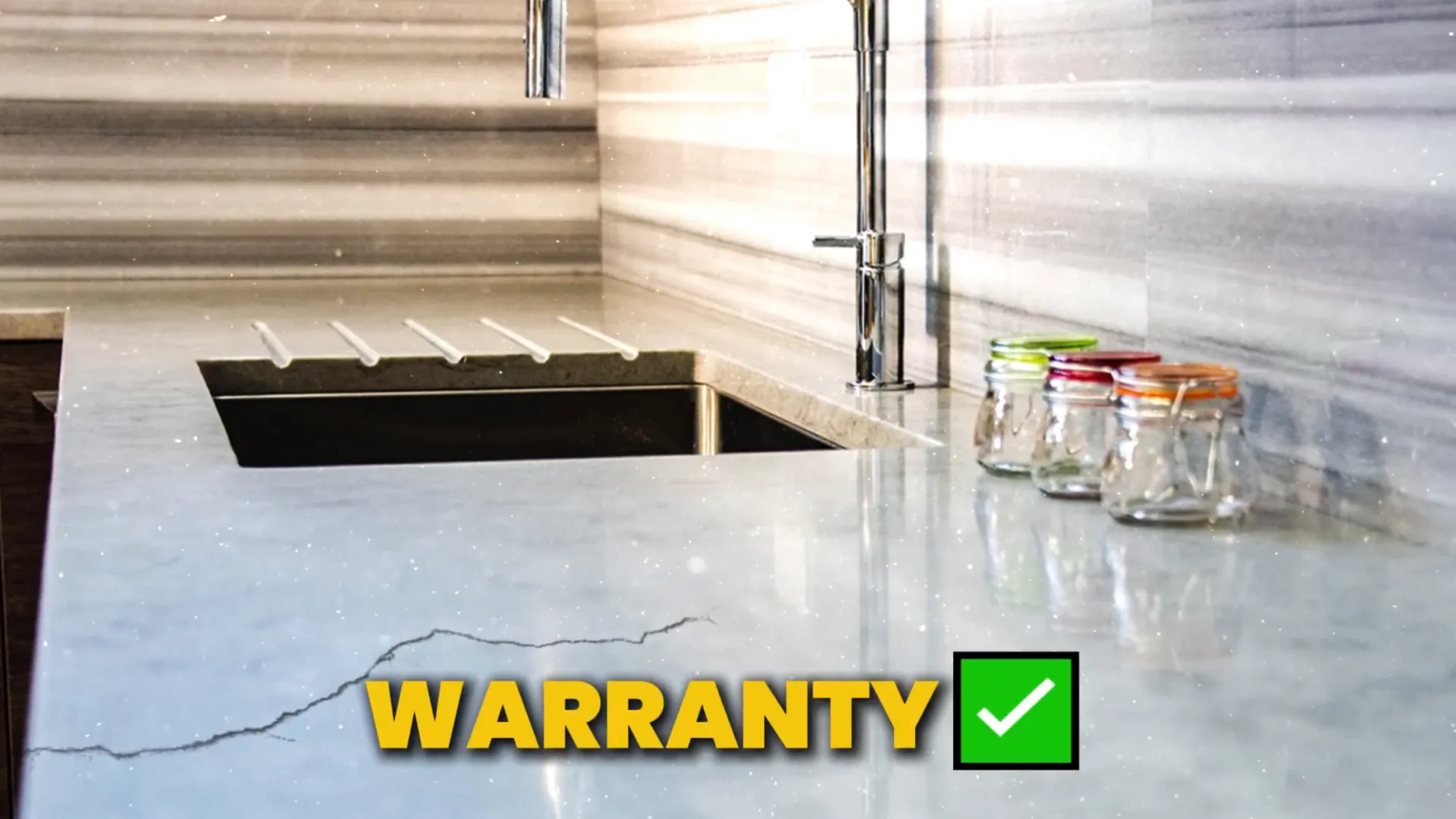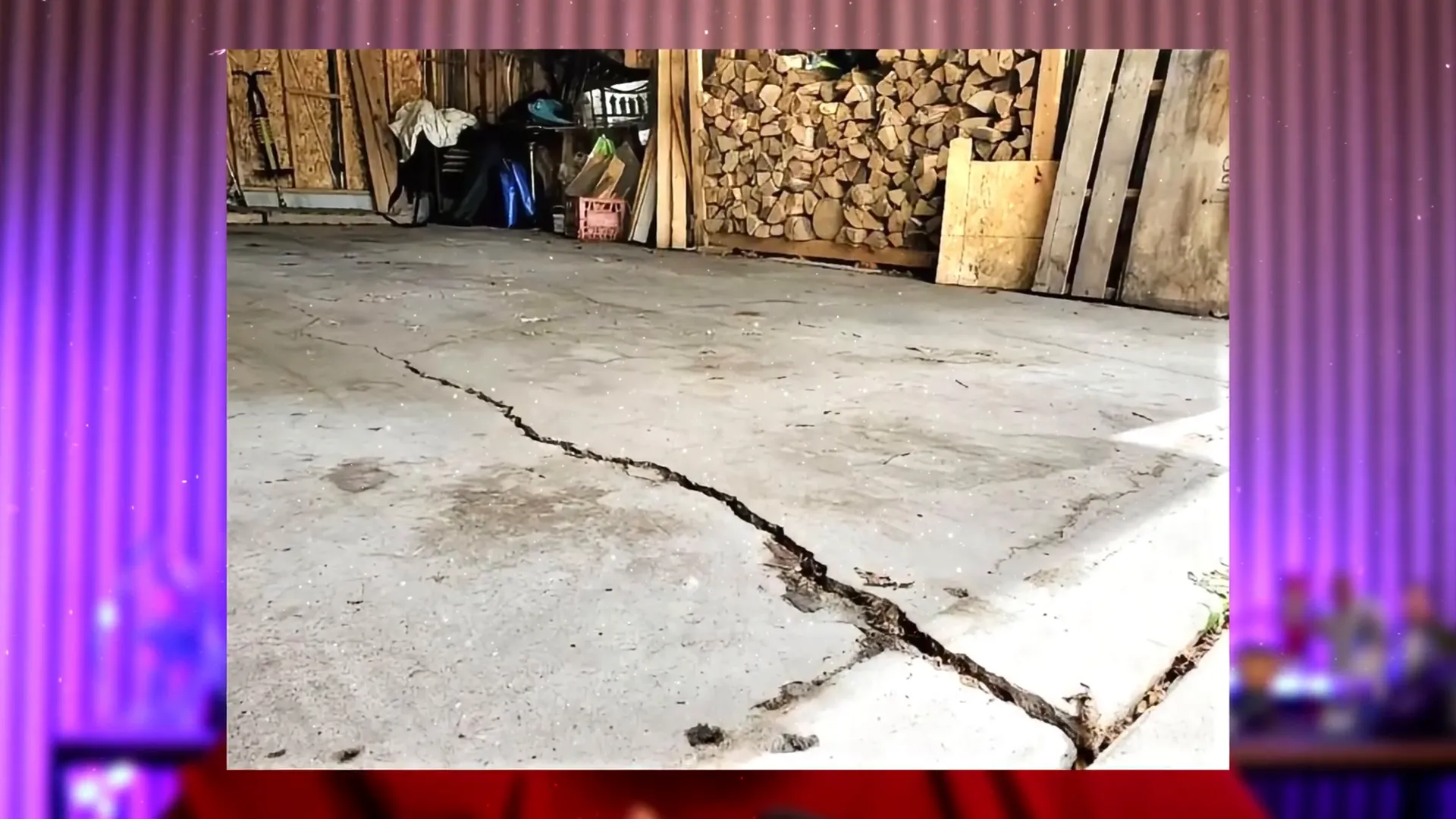What Your Builder WON’T Fix – 8 New Home Warranty Surprises in DFW
Buying a new home in Dallas-Fort Worth? You might be surprised to learn that not everything is covered under your builder's warranty. In this blog, we’ll uncover the eight most common new home warranty surprises in DFW that every homebuyer should know to protect their investment.
Table of Contents
- Understanding New Home Expectations
- 1. Paint Touch-Ups
- 2. Drywall Cracks
- 3. Kitchen Countertops and Grout
- 4. Brick Mortar Issues
- 5. Landscaping and Lawn Care
- 6. Caulking Maintenance
- 7. Concrete Cracks
- 8. Windows and Drainage Systems
- What’s Covered Under Your Warranty?
- Pro Tips for New Homeowners
- FAQs About New Home Warranties
Understanding New Home Expectations
When you purchase a new home, the assumption is that everything is flawless. However, it's essential to recognize that new doesn’t always equate to perfect. While your home should be in good condition and ready for you to move in, minor issues can still arise. This is where understanding your builder's warranty becomes crucial.
Many buyers are unaware of the limitations that come with these warranties. Knowing what is typically covered and what falls under homeowner maintenance can help you manage expectations and maintain your investment effectively.
1. Paint Touch-Ups
Paint in new homes is often a flat finish, making it less durable against scuffs and stains. If you find your walls marked up after moving in, don’t expect the builder to cover touch-ups. They typically provide a paint kit for minor fixes, but any significant damage caused by daily living is your responsibility.
2. Drywall Cracks
In regions like North Texas, soil can shift due to weather conditions, leading to hairline cracks in drywall. While minor cracks are generally considered normal and not warrantable, significant separations are a different story. Document any noticeable issues and consider waiting until you have multiple concerns before making a warranty claim.
3. Kitchen Countertops and Grout
Whether your countertops are granite or quartz, they require maintenance. Most builders do not seal countertops or grout, which means it’s your job to protect them. If spills occur, like wine or sauce, and they stain, that's on you—not the builder. However, if the countertop itself fails structurally, that is warrantable.

4. Brick Mortar Issues
Brick facades serve aesthetic purposes and are not structural. As your home settles, you may notice cracks in the mortar joints. Typically, if these cracks are less than a quarter-inch wide, they are cosmetic and not warrantable. However, larger cracks should be reported to your builder.
5. Landscaping and Lawn Care
Once you purchase your new home, maintaining your lawn and landscaping is entirely your responsibility. Many buyers assume the builder will handle this, but unless specified in an HOA agreement, it's up to you to keep your yard in shape. If your sod doesn't take root due to weather conditions, you might have grounds to discuss it with the builder, but overall, lawn care is on you.

6. Caulking Maintenance
One of the often overlooked aspects of home maintenance is caulking. Over time, the caulk around windows, baseboards, and bathrooms can shrink and crack due to temperature fluctuations and settling. This is considered homeowner maintenance.
It's important to regularly inspect and replace caulk as needed. Builders typically offer a one-time warranty for caulking, so it’s wise to wait until you notice multiple areas needing attention before submitting a warranty claim.
7. Concrete Cracks
Concrete is durable, but it is not immune to cracking. In DFW, surface-level cracks can occur in driveways, patios, and garages due to the region's clay soil and temperature changes. Most builders will consider these cosmetic and not warrantable.
If you notice cracks that are significant enough to fit a quarter in them, that’s when you should contact your builder for a warranty claim. Document any changes and keep a close eye on the situation.

8. Windows and Drainage Systems
Windows are generally covered under warranty for defects such as seal breaks, which can lead to fogging. However, if a window is broken due to an accident, that's on you. It’s essential to take care of your windows to avoid unnecessary costs.
Drainage systems also require your attention. They are designed to move water away from your foundation, and if you notice standing water for more than 72 hours, you should reach out to your builder. Keeping drainage pathways clear of debris is your responsibility.
What’s Covered Under Your Warranty?
Understanding what is covered under your warranty can save you time and frustration. Typically, material defects and workmanship issues are covered. This includes things like faulty plumbing, electrical systems, and structural defects.
Your builder should provide a clear outline of what is covered and for how long. Common warranty periods include:
- 1-Year: Workmanship and materials
- 2-Year: Mechanical systems (plumbing, HVAC, electrical)
- 6-10 Years: Structural and foundation issues
Pro Tips for New Homeowners
Here are some pro tips to help you navigate your new home warranty effectively:
- Document Everything: Keep records of all communications and issues that arise. This will be invaluable when making warranty claims.
- Get a Third-Party Inspection: Before closing, hire a third-party inspector to identify potential issues that may not be apparent.
- Be Proactive: Schedule regular maintenance checks to catch small issues before they become big problems.
- Communicate Clearly: When dealing with your builder, ask questions and express your concerns professionally.
FAQs About New Home Warranties
What should I do if I find a defect after moving in?
Document the issue and notify your builder as soon as possible.
Are cosmetic issues covered under warranty?
Generally, cosmetic issues like paint and minor scratches are not covered.
How often should I perform maintenance checks?
Aim for at least once a season, or more frequently if you notice problems.

Zak Schmidt
From in-depth property tours and builder reviews to practical how-to guides and community insights, I make navigating the real estate process easy and enjoyable.
CONNECT WITH Zak Schmidt
Your Journey to the Perfect Home Starts Here.
Whether you're buying, selling, or relocating, Zak Schmidt is here to provide expert guidance and personalized service. Reach out to us today, and let’s work together to turn your real estate dreams into reality.
CONTACT
All information provided is deemed reliable but is not guaranteed and should be independently verified. This website and its affiliates make no representation, warranty or guarantee as to accuracy of any information contained on this website. You should consult your advisors for an independent verification of any properties or legal advice.

License# 759608
Made with ❤️ by Liftoff Agent in the USA.












